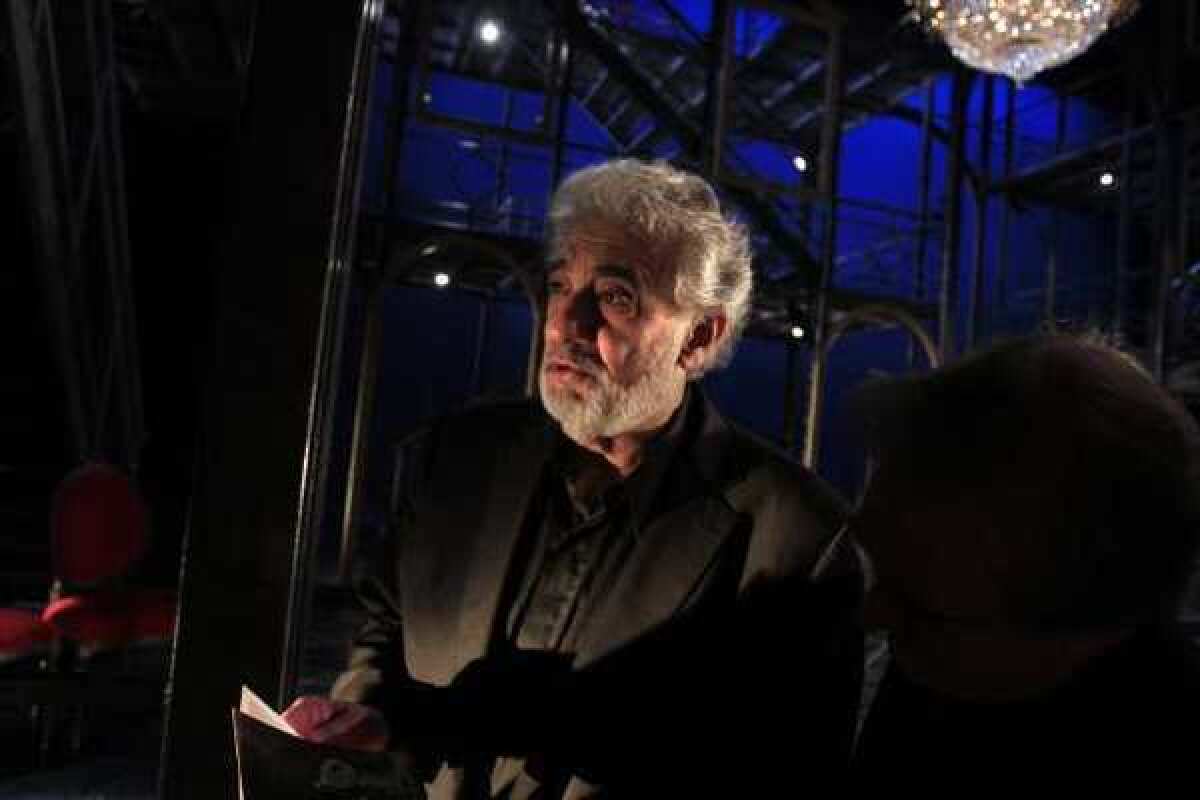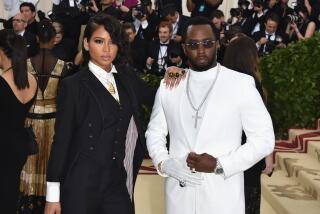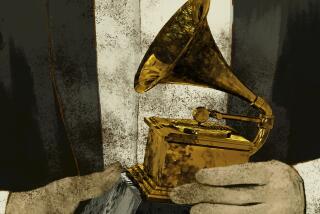Column: Plácido Domingo has apologized, sort of, but I do not buy it

- Share via
Now we have Plácido Domingo’s “apology.” And, as of Thursday, its “correction.”
Last summer, when two Associated Press stories recounted allegations by 20 women that they had been groped, kissed, sexually badgered and harassed by Domingo who used his unique position of influence to coerce meetings and silence any complaint, Domingo’s spokeswoman responded by saying that the “campaign by the AP to denigrate Plácido Domingo is not only inaccurate but unethical,” that the claims were riddled with inconsistencies” and “in many ways, simply incorrect.”
Earlier this week, however, the world-renowned tenor changed his tune. Sort of.
Hours before the announcement Tuesday that an investigation by the American Guild of Musical Artists concluded that Domingo had, for 20 years, engaged in a pattern of “inappropriate activity” — and that many witnesses had kept silent for years in “fear of retaliation” — Domingo decided that he was, after all, very sorry.
Or as his statement read: “I have taken time over the last several months to reflect on the allegations that various colleagues of mine have made against me. I respect that these women finally felt comfortable enough to speak out, and I want them to know that I am truly sorry for the hurt that I caused them.
“I accept full responsibility for my actions, and I have grown from this experience. I understand now that some women may have feared expressing themselves honestly because of a concern that their careers would be adversely affected if they did so. While that was never my intention, no one should ever be made to feel that way.
“I am committed to affecting positive change in the opera industry so that no one else has to have that same experience. It is my fervent wish that the result will be a safer place to work for all in the opera industry, and I hope that my example moving forward will encourage others to follow.”
Two days later, however, after the Spanish government had canceled one of his upcoming performances and as other European opera houses, including Madrid’s Teatro Real, were considering canceling others, Domingo appeared to contradict his own apology. In a second statement he said that although it had been “sincere and whole-hearted,” he had “never behaved aggressively toward anybody,” nor had he “ever done anything to obstruct or hurt” anyone’s career.
He also withdrew from Teatro Real’s upcoming performance of “La Traviata,” saying that he wished to “prevent my situation from affecting, harming or causing any additional inconvenience.”
Honestly, it’s enough to make Don Giovanni blush.
If he denies behaving “aggressively” or doing anything to hurt anyone’s career, what exactly is he apologizing for? Inconveniencing certain operatic venues? I’m sure we’re all relieved to know that Domingo has “grown” from this experience — that’s what it’s all about right? — though exactly what “example” he hopes others will follow is unclear. Deny until necessity forces an apology and then, when it appears that the apology seems to be an admission of wrongdoing, walk it back? Any reflection he has done in the last few months appears to be about how to minimize any damage the accusations will have on his career and legacy.
Although this may be the most blatant example of the “I’m sorry you feel that way” non-apology, Domingo is not the first man who, upon being accused of misconduct by multiple women, began with a semi-self-congratulatory announcement that he had given the matter some thought.
“Realizing” that it is unacceptable to grope, kiss, flash, talk dirty to or masturbate in front of employees, co-workers or any person who is not, by mutual consent, your sexual partner is in fact a signature of far too many #MeToo apologies.
After being accused of sexual harassment by eight women, Charlie Rose said he “learned a great deal as a result of these events, and I hope others will too.”
Louis C.K., who spent years vehemently denying rumors that he had masturbated in front of female colleagues, finally non-apologized by saying that he had thought masturbating in front of co-workers was OK because he had asked first, only to learn “later in life ... that when you have power over another person, asking them [to watch you masturbate] isn’t a question. It’s a predicament for them.”
The fact that Domingo believes the “not my intention” argument will still fly is infuriating. As is his insistence that for 20 years he remained serenely unaware of how unwelcome his pattern of uninvited and insinuating advances were to many women, or that they were allowed to continue unchecked because he was Plácido Domingo and all that implies.
Indeed, mere hours after it landed, yet another woman, soprano Luz del Alba Rubio, came forward to the Associated Press with another set of accusations. Not surprising, considering that even before its further “I didn’t do anything wrong” qualifications, Domingo’s apology was a near-letter-perfect example of damage control.
All the boxes checked — respect (for his accusers), regret (for any hurt he caused them) and repentance (the commitment to “affecting” positive change) — and signifying nothing. There was absolutely no concrete example of how he was planning to “affect” change. Unless you count the leaked email from the president of the guild reported in the New York Times, about Domingo’s lawyers withdrawing an offer of a $500,000 payment to the guild if the group could manage to keep details of the investigation from going public.
Perhaps not the best example of ensuring that the music world become a safer place.
If Domingo were truly sorry for whatever he is actually sorry for, he would put his money where his very famous, and now infamous, mouth is by doing something — paying the $500 grand anyway, setting up a program to support women at all levels in opera or an initiative to raise consciousness about sexual harassment in the music world.
Or he could spend some time in actual reflection and then offer a more honest apology. For benefiting from and shoring up a system in which power is rewarded and sustained by an ecosystem in which an anointed few have the ability to grant or withhold favors that can impact careers and entire institutions. Professional harassment is one of the most effective ways of ensuring that that system remains controlled by the few, and sexual harassment is the most effective way of ensuring that those few remain mostly men.
Wouldn’t it be great if Domingo behaved like an actual maestro and said, “I’m sorry I acted like a complete pig but at some point I started to believe that sexual advances from me would always be welcome. That my talent put me above obvious social niceties and professional decorum, and my ability to make some people rich and other people stars meant I was granted special access to everything including the bodies of women whose careers I could influence. It shouldn’t have taken 27, wait, 28 women and a guild investigation to make me understand I can’t do whatever I want, but it did and I’m sorry.”
There are many conversations to be had about the complicity we all play in creating “stars,” whose ugly actions we overlook or justify because of their ability to create exceptional art and beauty, and certainly sex is a force of both creativity and commerce. But using a position of power and influence to gain physical access to people is not sex, it’s abuse.
So if you’re going to apologize for abusing your power, then apologize for abusing your power. If you’re not, then don’t.
Either way, as the statue said to Don Giovanni: Ah! Tempo più non v’è.
Your time is up.
More to Read
The biggest entertainment stories
Get our big stories about Hollywood, film, television, music, arts, culture and more right in your inbox as soon as they publish.
You may occasionally receive promotional content from the Los Angeles Times.











